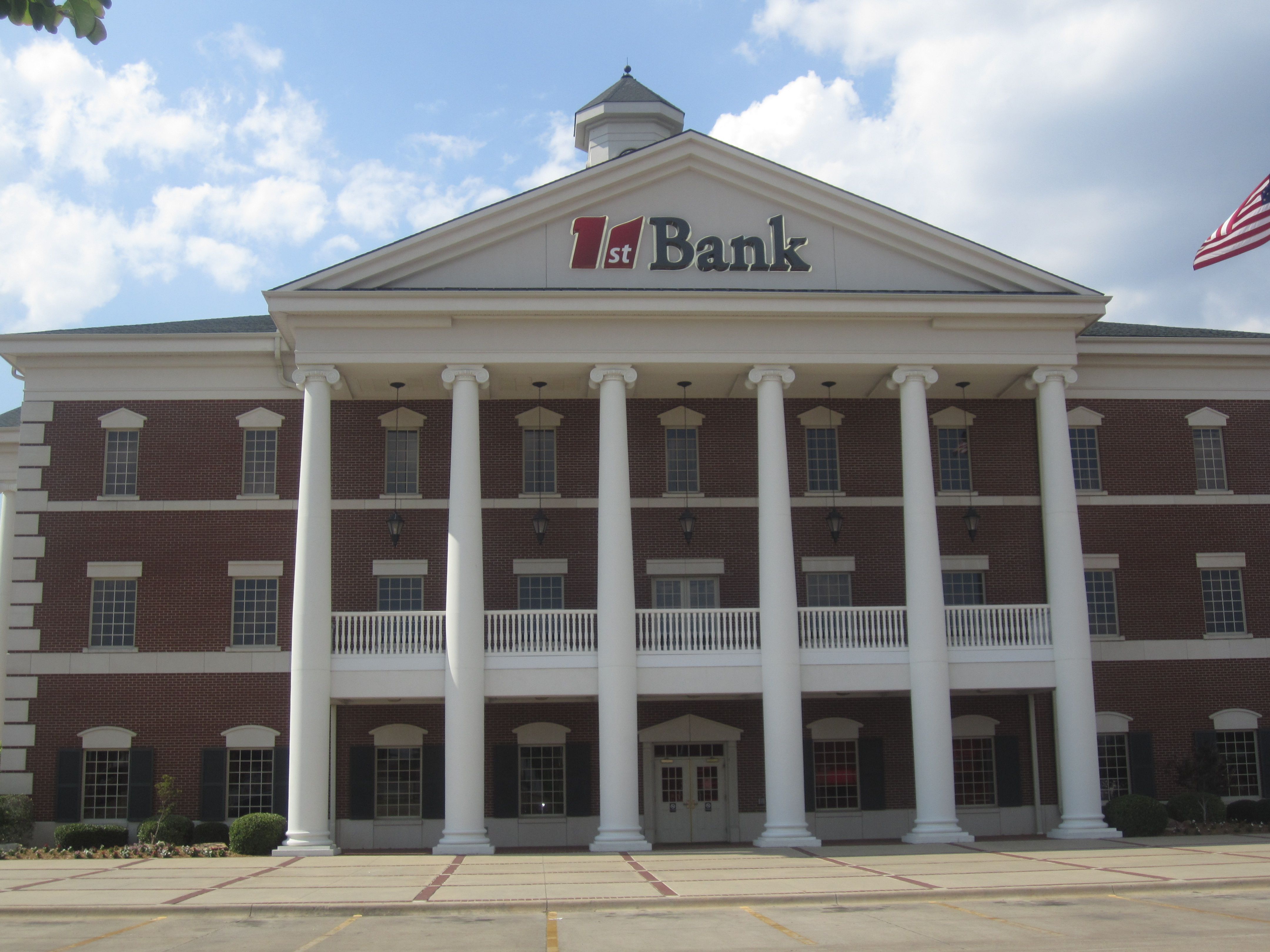Views expressed in opinion columns are the author’s own.
As commerce becomes increasingly digital, cash is used less frequently. Some consumers use cash so infrequently that a handful of brick-and-mortar businesses are adopting cashless policies. Sweetgreen, the fast-casual salad chain founded in Washington, D.C., slowly phased in cashless policies across their locations, going fully cashless in 2017. However, the supposedly forward-looking policy leaves many low-income consumers behind.
Going cashless makes sense for businesses. Sweetgreen management said there are three reasons behind its policy change. It increases efficiency because it removes the task of making change, improves hygiene because employees don’t need to handle money and food in the same transaction and reduces the likelihood of break-ins, as there’s no cash to steal.
But these reasons aren’t good enough to preclude a group of consumers from patronizing their business. Low-income neighborhoods are severely underserved by financial institutions. Between 2008 and 2010, 396 bank branches closed in low-income and moderate-income neighborhoods (with median incomes of $50,000 and below), while 82 branches opened in neighborhoods where the median income is above $100,000.
Although technology such as mobile deposit apps can bridge some of the gap in financial services that branch closures leave behind, not all financial services can be done remotely. Payday lenders and check-cashing stores are left to fill the gap in low-income neighborhoods, and they often charge steeper interest rates, taking advantage of residents’ lack of options.
The financial barriers that push some to rely on cash include minimum balance requirements and prohibitive fees. Melany De La Cruz-Viesca, the assistant director of UCLA’s Asian American Studies Center, says many recent immigrants often do not open bank accounts due to a lack of funds or distrust of banks.
An estimated 14.1 million adults and 6.4 million children are considered unbanked by the Federal Deposit Insurance Company, meaning they do not have a savings or checking account. People of color make up a disproportionate amount of the unbanked population, and it’s composed of a variety of Americans, all with different reasons for relying on cash. They shouldn’t be excluded from any portion of the economy, regardless of whether they choose to use cash or if it’s their only option.
Massachusetts and New Jersey are currently the only states with laws against discriminating based on forms of currency, but as more businesses move to ban cash, more cities and states are looking to strike down cashless policies. Philadelphia recently passed legislation requiring shops to accept cash, and Chicago, Washington, D.C., and New York City have all proposed similar legislation.
Going cashless is a seemingly progressive policy, but it’s clearly prohibitive and discriminatory when viewed outside the privileged white, male lens that makes up most business leadership teams. The increasing number of cash-free businesses not only exposes the need for greater diversity in business leadership but also sends a sign that some businesses are only open to certain populations. Going cashless is classist, and it should be illegal.
Emily Maurer is a junior environmental science and policy major. She can be reached at emrosma@gmail.com.



